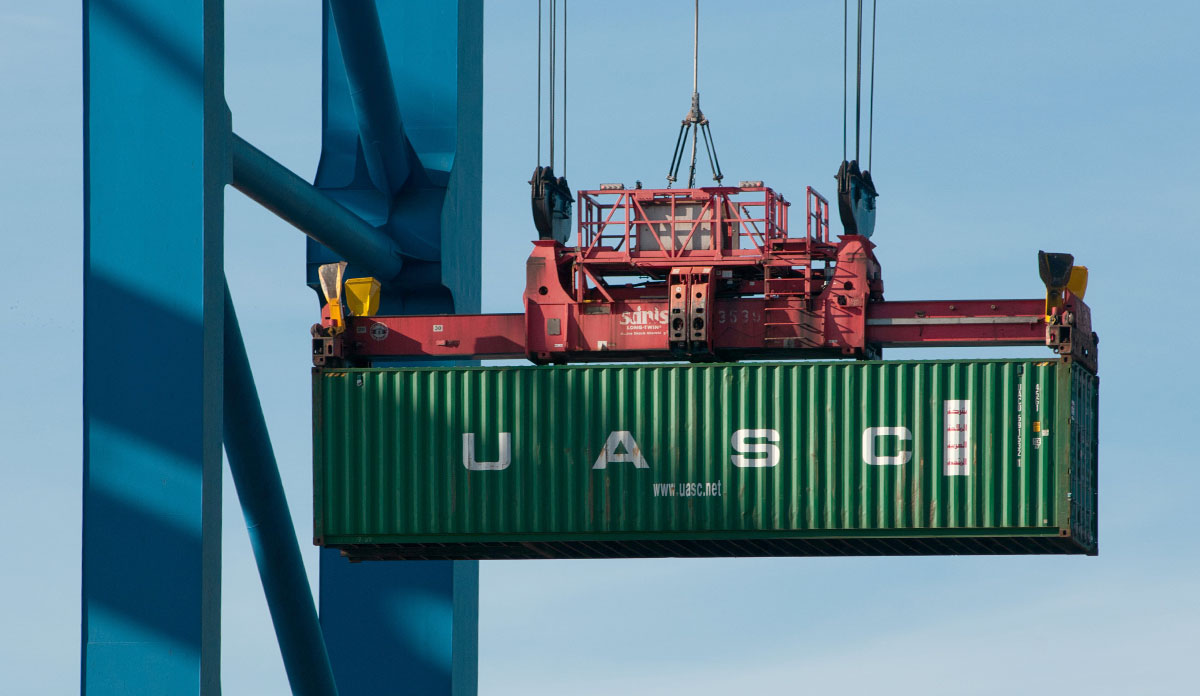
The 2024 Guide: Top Considerations for Kiwi Businesses Sourcing from China
In today’s globalised market, keeping your business agile and responsive to shifting trends in sourcing from other countries is vital. International trade is an indispensable part of any successful enterprise, and among global suppliers, China remains a key player for New Zealand businesses in 2024. To stay ahead of the curve, it is essential to be well-informed about current and forthcoming changes in the world of sourcing and procurement from China and understand how best to adapt and thrive in this evolving landscape.
In this guide, we will be delving into the most crucial aspects that must be considered by Kiwi businesses looking to source goods and services from China over the next year. As we shed light on the various factors shaping the sourcing and procurement landscape, we'll explore the opportunities they present, as well as the challenges they bring for businesses in New Zealand.
Navigating Global Supply Chain Disruptions
The global supply chain landscape has been going through an unprecedented level of disruption due to various factors such as the COVID-19 pandemic, trade wars, and climate-change-induced natural disasters. These disruptions have had a significant impact on procurement practices and cash flows in businesses. Consequently, the need for supply chain resilience and flexibility has never been more critical.
To ensure the sustainability of supply chains, Kiwi businesses should focus on developing real-time visibility into their sourcing and procurement processes. A major step in achieving this involves adopting digital tools such as advanced analytics and machine learning, which can help businesses identify potential disruptions and implement mitigation strategies. Additionally, diversifying suppliers and sourcing locations can significantly reduce the dependency on a single supplier or geographic region. This strategy also allows businesses to remain agile and responsive in the face of supply chain disruptions.
Another essential aspect of building a resilient supply chain is maintaining strong relationships with suppliers and having open lines of communication with them. This helps to ensure that both parties are aligned in terms of expectations, deadlines, and product quality, ultimately resulting in smooth procurement processes and reduced chances of disruptions.
Embracing Sustainability and Technological Advancements
Environmental sustainability and technological innovations have become integral factors in the global supply chain landscape. New Zealand businesses sourcing from China must keep up with these trends, as they not only bring about cost-efficiency and competitiveness but also demonstrate a commitment to corporate social responsibility.
By sourcing from suppliers that prioritise sustainable and resource-efficient production methods, New Zealand businesses can reduce their ecological footprint while also earning the support of environmentally-conscious consumers. Moreover, adopting new technologies such as blockchain and automation can help businesses streamline their procurement processes, reduce manual bottlenecks, and enhance data transparency.
To stay ahead, kiwi companies should proactively seek out suppliers in China who are at the forefront of these advancements. Besides, businesses should invest in upskilling their employees in the latest technologies so they can adapt to the constantly evolving sourcing ecosystem.

Leveraging Trade Agreements and Government Regulations
Trade agreements and government regulations have a powerful impact on the business environment for New Zealand companies sourcing from China. By understanding and leveraging these agreements, businesses can gain a competitive advantage and mitigate potential risks.
Recently, New Zealand signed the Regional Comprehensive Economic Partnership (RCEP), which includes China and other significant players in Asia-Pacific. This landmark agreement provides a framework for improving trade relations and harmonising trade practices. Kiwi businesses must stay informed about the benefits and opportunities that RCEP brings and use them effectively in their sourcing strategies.
Moreover, keeping abreast of any changes in regulations, import duties, and tariffs will enable businesses to stay compliant while also being aware of any potential cost implications. Developing a robust compliance strategy and understanding the full impact of regulatory shifts on product sourcing will enable businesses to adapt quickly and continue operating efficiently.
Fostering Strong Supplier Relationships
Strong relationships with suppliers are a cornerstone of a thriving sourcing strategy. Positive supplier relationships grant Kiwi businesses a sustainable competitive edge in the form of preferential access to new products, quicker delivery times, and potential discounts on large orders.
To foster a solid relationship with Chinese suppliers, businesses should communicate their expectations clearly from the onset and maintain an open dialogue throughout the procurement process. Visiting their suppliers in person or arranging video calls can help businesses gain a deeper understanding of the supplier's capabilities and the working conditions in their factories.
It is also essential to conduct due diligence before partnering with a Chinese supplier. By researching the supplier's background, reputation, and financial stability, Kiwi businesses can make informed decisions that minimise risks and ensure long-term success.
Conclusion
In 2024, Kiwi businesses continue to face a dynamic and challenging global supply chain environment. By focusing on building resilient supply chains, embracing sustainability and technological advancements, leveraging trade agreements and government regulations, and fostering strong supplier relationships, New Zealand enterprises can successfully navigate the evolving landscape of sourcing and procurement from China.
Ultimately, the key to thriving in these uncertain times lies in being proactive, adaptive, and well-informed. By keeping a finger on the pulse of industry trends and emerging opportunities, Kiwi businesses stand the best chance of navigating the year ahead seamlessly and profitably. Reach out to us at Epic Sourcing today to enjoy the expert sourcing service needed to stay ahead of your competition!
Related Articles
Let’s Make It Epic
We're here to make sourcing simple – and a whole lot less stressful.

.svg)

.svg)





